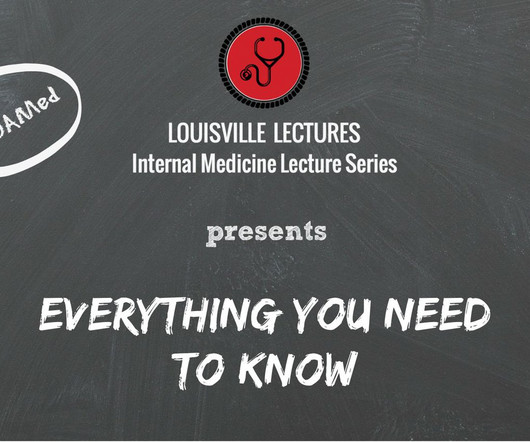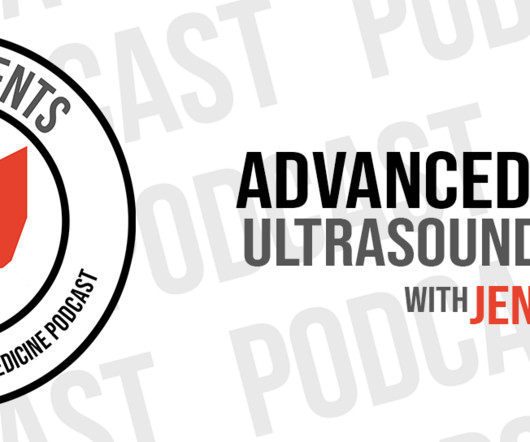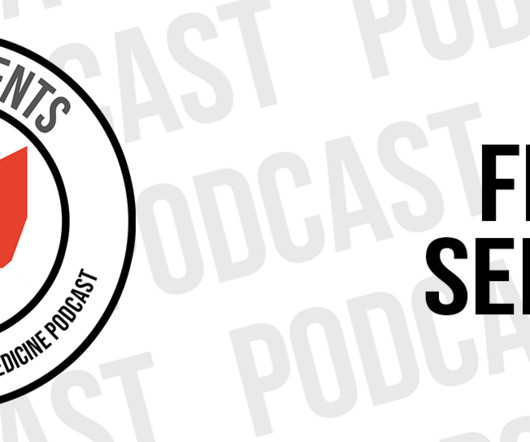All you need to know about louisville lectures
Louisville Lectures
MAY 5, 2023
Boot Camp: PHASE TWO Or, Emergencies and Assessing Them This week, we will look at two highly anticipated videos, Electrolyte Emergencies by Dr. Eleanor Lederer and Assessing the Seriously Ill Patient by Dr. David Nunley. Are you a resident or medical student looking to learn practical, evidence based approaches to your patients?















Let's personalize your content